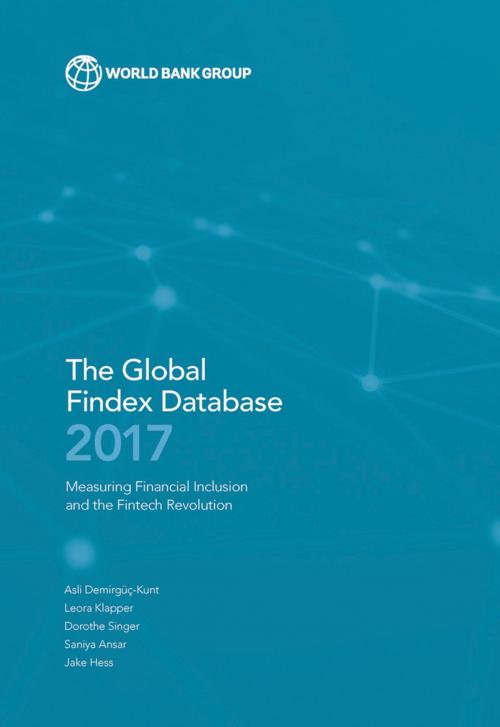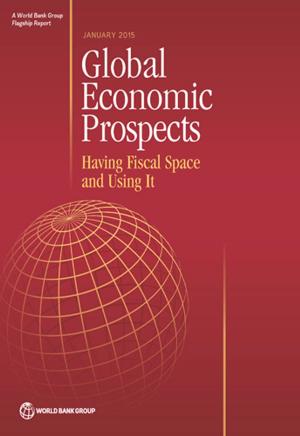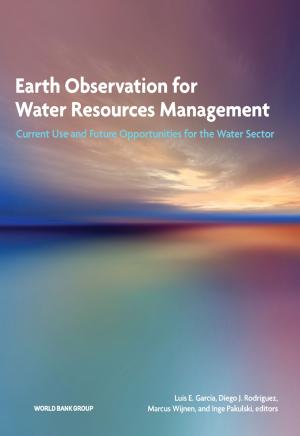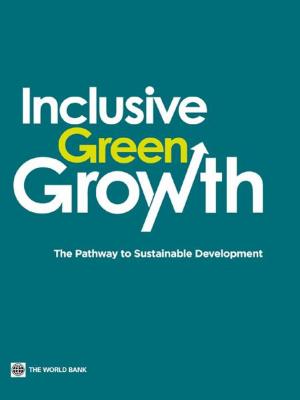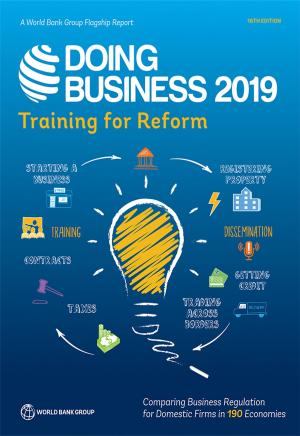The Global Findex Database 2017
Measuring Financial Inclusion and the Fintech Revolution
Business & Finance, Economics, Economic Development, Finance & Investing, Finance| Author: | Asli Demirguc-Kunt, Leora Klapper, Dorothe Singer, Ansar | ISBN: | 9781464812682 |
| Publisher: | World Bank Publications | Publication: | April 19, 2018 |
| Imprint: | World Bank Publications | Language: | English |
| Author: | Asli Demirguc-Kunt, Leora Klapper, Dorothe Singer, Ansar |
| ISBN: | 9781464812682 |
| Publisher: | World Bank Publications |
| Publication: | April 19, 2018 |
| Imprint: | World Bank Publications |
| Language: | English |
In 2011 the World Bank—with funding from the Bill and Melinda Gates Foundation—launched the Global Findex database, the world's most comprehensive data set on how adults save, borrow, make payments, and manage risk. Drawing on survey data collected in collaboration with Gallup, Inc., the Global Findex database covers more than 140 economies around the world. The initial survey round was followed by a second one in 2014 and by a third in 2017. Compiled using nationally representative surveys of more than 150,000 adults age 15 and above in over 140 economies, The Global Findex Database 2017: Measuring Financial Inclusion and the Fintech Revolution includes updated indicators on access to and use of formal and informal financial services. It has additional data on the use of financial technology (or fintech), including the use of mobile phones and the Internet to conduct financial transactions. The data reveal opportunities to expand access to financial services among people who do not have an account—the unbanked—as well as to promote greater use of digital financial services among those who do have an account. The Global Findex database has become a mainstay of global efforts to promote financial inclusion. In addition to being widely cited by scholars and development practitioners, Global Findex data are used to track progress toward the World Bank goal of Universal Financial Access by 2020 and the United Nations Sustainable Development Goals. The database, the full text of the report, and the underlying country-level data for all figures—along with the questionnaire, the survey methodology, and other relevant materials—are available at www.worldbank.org/globalfindex.
In 2011 the World Bank—with funding from the Bill and Melinda Gates Foundation—launched the Global Findex database, the world's most comprehensive data set on how adults save, borrow, make payments, and manage risk. Drawing on survey data collected in collaboration with Gallup, Inc., the Global Findex database covers more than 140 economies around the world. The initial survey round was followed by a second one in 2014 and by a third in 2017. Compiled using nationally representative surveys of more than 150,000 adults age 15 and above in over 140 economies, The Global Findex Database 2017: Measuring Financial Inclusion and the Fintech Revolution includes updated indicators on access to and use of formal and informal financial services. It has additional data on the use of financial technology (or fintech), including the use of mobile phones and the Internet to conduct financial transactions. The data reveal opportunities to expand access to financial services among people who do not have an account—the unbanked—as well as to promote greater use of digital financial services among those who do have an account. The Global Findex database has become a mainstay of global efforts to promote financial inclusion. In addition to being widely cited by scholars and development practitioners, Global Findex data are used to track progress toward the World Bank goal of Universal Financial Access by 2020 and the United Nations Sustainable Development Goals. The database, the full text of the report, and the underlying country-level data for all figures—along with the questionnaire, the survey methodology, and other relevant materials—are available at www.worldbank.org/globalfindex.
